Sixty years of occupation of Diego Garcia will be preserved as the United States and the UK will continue to utilize this African islands territory to attack oppressed nations

Another legal maneuver by the governments of the United Kingdom and the United States will provide cover for the ongoing imperialist occupation of the largest territory within the Chagos Islands.
This territory fell under the colonial control of Mauritius by London for decades prior to the leasing of the largest island within the archipelago, Diego Garcia, to the U.S. during the escalation of the imperialist occupation of Vietnam.
In subsequent years, Diego Garcia has been utilized in U.S. imperialist wars against Iraq as well as Afghanistan. Since 2008, when the U.S. Africa Command (AFRICOM) was formed, Washington has intensified its military interventions on the continent.
Destabilization against African governments has accelerated since the destruction of the North African state of Libya under Col. Muammar Gaddafi in 2011. Over the last 14 years, jihadist rebel groupings have spread across the West Africa region resulting in internal displacements, the impeding of development projects and mass deaths.
Chagos Islanders have waged a decades-long campaign to win the right to return to their homeland and to receive reparations for the damage done since 1965. The leasing of the territory by Britain to the U.S. coincided with the escalation of the Pentagon occupation of Vietnam which lasted another decade until the total defeat of imperialism in southeast Asia in 1975.
The British High Court hearings held during late May were the result of the work of Bernadette Dugasse and Bertrice Pompe, two Chagossian women determined to win justice for their displaced people, many of whom live in the UK. Both expressed disappointment after a last-minute decision to bar the right of return for Chagossians even though Mauritius has been ostensibly given sovereignty over the territory with the exception of the Pentagon base which is also utilized by the British armed forces.
Image: Chagos Island plaintiffs in the UK
Dugasse in a statement related to her desire to return home said that:
“I was born on Diego Garcia and left at the age of 2 ½ when my father was expelled to the Seychelles. We didn’t feel at home in the Seychelles and were not fully part of the way of life or culture. These were tough years plagued by both unemployment and very long working hours. I came to the UK in 2005 but already knew the UK quite well and felt at home – I went to the
court case with Olivier Bancoult and have worked with CRG, UK Chagos and Philippa Gregory in the past. I also worked with the Seychelles group ‘SCS’ alongside Janette Alexis. In the UK I’ve tried to work with anyone who needed help and I’m a founder member of Chagossian Voices. I have been twice to Diego Garcia/Peros/Salamon – it was never enough days!”
The Ongoing Struggle Against Colonial Occupation
Located off the coast of East Africa in the Indian Ocean, the Chagos Islands have been a source of political campaigns and legal challenges by the Indigenous people against the British government for more than a quarter-century. After the leasing deal between the UK and the U.S. to turn the area into a large-scale military base, thousands of people living on the Chagos Islands were forcefully removed for relocation to Mauritius, Seychelles and the UK.
After 1965, this area became known as the British Indian Ocean Territory (BIOT) despite the fact that the archipelago is located thousands of miles away from the United Kingdom.
It remains the objective of the Chagos Islanders to return to their homeland. Apparently, the British and the U.S. are opposed to this demand.
Yet this agreement does not address the right of return for the Chagos Islanders. The Pentagon will still occupy Diego Garcia like it has for nearly six decades.
An assessment of the deal by one source on international diplomacy notes:
“This agreement will not spell the end of American military presence on the islands, however. In fact, the only condition of the UK’s deal with Mauritius is that the U.S. must be allowed to continue its base’s operation on the Chagossian island of Diego Garcia for the next 99 years.
The White House released a statement on Oct. 3 lauding the renewed lease, writing that the outpost on Diego Garcia, one of the Americans’ estimated 750 bases across the world, ‘enables the United States to support operations that demonstrate our shared commitment to regional stability, provide rapid response to crises, and counter some of the most challenging security threats we face.’”
There was a similar response to the ruling of the British High Court by Prime Minister Keir Starmer who attempted to deflect criticism from the political right in the UK claiming that their armed forces will continue to have full access to the military base on Diego Garcia. Mauritius and the Chagos Islands represent the ongoing struggle against imperialist militarism in Africa and its island territories.
The agreement endorsed by the British High Court will have to be approved by both the parliaments of the UK and Mauritius. Lawyers representing the Chagossians said after the May 22 ruling that the struggle will now shift to the political debates surrounding the ruling to turn over the islands to Mauritius while denying the right of return for the displaced people.
The British Conservative Party and Reform UK have been highly critical of the agreement saying it will compromise the security and economic interests of the country. These arguments have refused to take into account the grave injustices of colonialism and neo-colonialism carried out by Britain over the centuries.
Despite attempts to extend its imperialist dominance within the Global South, the British economy remains in severe crisis. Even though the Labor Party ostensibly represents working and poor people in Britain, measures have been put forward to eliminate aspects of the social safety net in the country.
The foreign policy of the U.S. administration of President Donald Trump is requiring that the UK and European Union affiliates of the North Atlantic Treaty Organization (NATO) spend larger percentages of their national budgets on defense. These demands by the White House along with the draconian tariffs imposed on the allies and adversaries of the U.S. has created uncertainty and the rise of international tensions.
Chagos Islands and Imperialist Militarism
The military base on Diego Garcia is representative of the many other outposts for U.S. imperialism globally. Trump during his presidential campaign in 2024 convinced some voters that his second non-consecutive administration would end the war in Ukraine within 24 hours while scaling back on other Pentagon adventures.
.

B-2 bomber takeoff, B-52 bombers on tarmac on Diego Garcia in 2003 (Public Domain)
.
However, since his assumption of office on January 20, Trump has threatened to seize Greenland, Canada, Panama and to establish a military presence in Somaliland and the eastern Democratic Republic of Congo (DRC). Moreover, domestically the administration has engaged in large-scale detentions and deportations of foreign students, legal immigrants and economic migrants. These policies have increased the potential for domestic unrest along with an intensification of imperialist wars.
Author David Vine in his book entitled “Island of Shame: The Secret History of the U.S. Military Base on Diego Garcia”, says that Washington has the final say over the affairs taking place within the Chagos Islands. Their presence on this archipelago is by no means isolated since the U.S. has bases in at least 80 countries and territories internationally.
In the publication Responsible Statecraft, it emphasized in relation to the situation of the Chagos Islands:
“Further speculation surrounding U.S. activities on Diego Garcia has ranged from the storage of nuclear weapons to torturing captured suspected terrorists. Still, Vine said it’s impossible to know for sure the full extent of the military’s operations on the island…. Diego Garcia certainly stands out for its controversial origins and operative uses, but it is, again, a small node in the U.S. global military machine. In 2021, Vine and colleagues put together a dataset outlining every known U.S. military base, its financial and environmental costs, and the type of political regimes hosting such bases. Of the 80 countries and territories known to house U.S. military bases, 38 are non-democratic (authoritarian, semi-authoritarian, or colonial). The authors also found that U.S. bases contributed to both civilian protests and ‘significant environmental damage’ in about half of these countries and territories.”
These military bases cannot reverse the domestic and international crises of U.S. imperialism which are spreading exponentially. The emergence of alternative political and economic blocs such as Brazil, Russia, India, China and South Africa Plus Summit (BRICS), the New Development Bank (NDB), the G77 plus China, among others, are creating a framework for the eventual “Dedollarization” of the world system and the consequent weakening of the western grip over the vast majority of peoples internationally.
*
Click the share button below to email/forward this article. Follow us on Instagram and X and subscribe to our Telegram Channel. Feel free to repost Global Research articles with proper attribution.
Abayomi Azikiwe is the editor of the Pan-African News Wire. He is a regular contributor to Global Research.
All images in this article are from the author unless otherwise stated
Global Research is a reader-funded media. We do not accept any funding from corporations or governments. Help us stay afloat. Click the image below to make a one-time or recurring donation.
Counter Information publish all articles following the Creative Commons rule creative commons. If you don't want your article to appear in this blog email me and I will remove it asap.






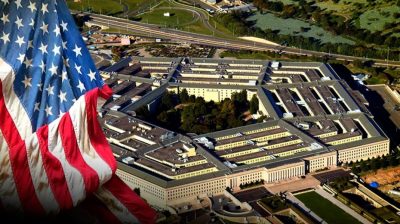


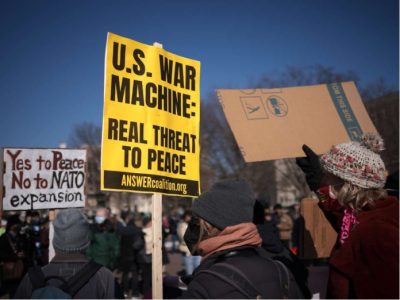


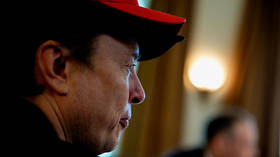
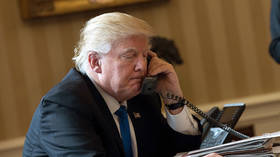
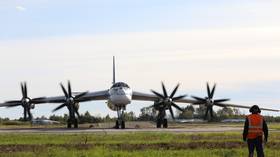
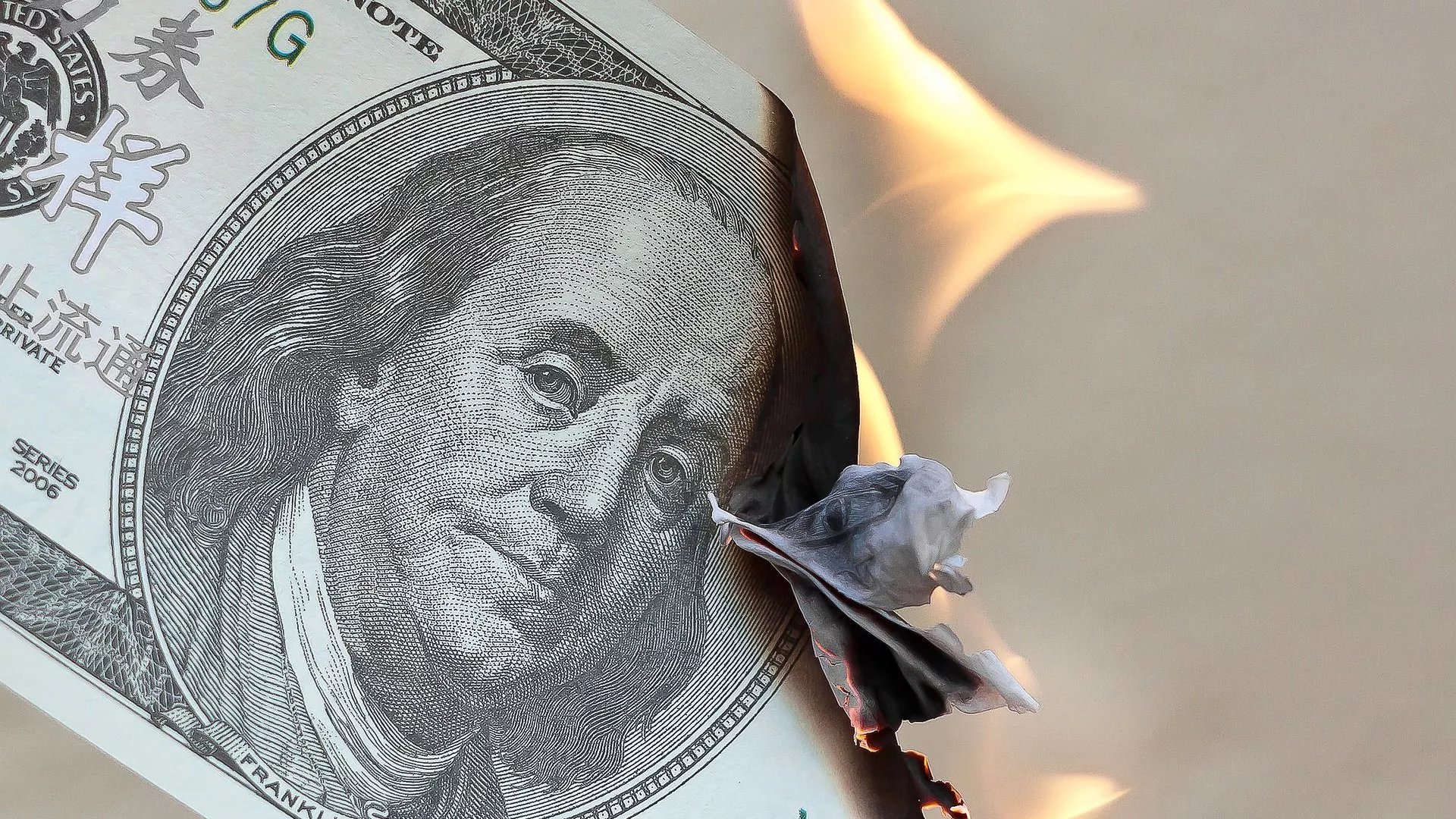



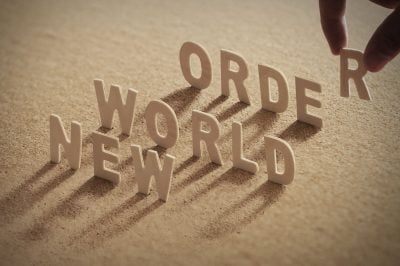






















No comments:
Post a Comment